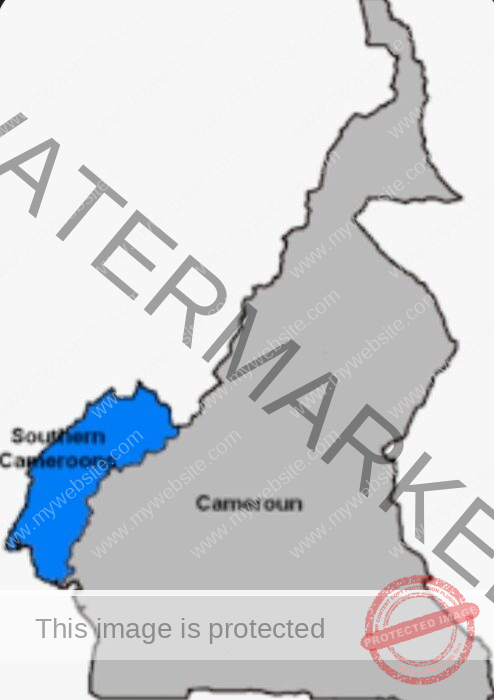The files are clear. There has never been a treaty of union between Southern Cameroons — today’s Ambazonia — and La République du Cameroun.
Editorial desk – The Independentist
For decades, the political establishment in Yaoundé and their allies abroad have repeated the same fiction: that the former British Southern Cameroons is a “region” of Cameroon. This fiction has been dressed in the language of “national unity,” enforced with the weapons of occupation, and packaged for the world through carefully staged diplomacy. But facts, unlike propaganda, have the stubborn habit of sitting in archives, waiting for someone to open the files.
The files are clear. There has never been a treaty of union between Southern Cameroons — today’s Ambazonia — and La République du Cameroun.
In February 1961, the United Nations organised a plebiscite for the people of the British Southern Cameroons. Our choice was restricted to two options: join Nigeria, or join La République du Cameroun. The option of full independence, despite being consistent with UN Resolution 1514 on decolonisation, was deliberately withheld.
When the plebiscite results indicated a preference for “joining” La République du Cameroun, the UN’s own Resolution 1608 of April 1961 set out the next step: before 1 October 1961, the United Kingdom, La République du Cameroun, and the Government of Southern Cameroons were to meet and agree — in writing — the legal arrangements for such a union.
No such agreement was ever signed. No treaty was ever ratified. No document was ever registered in the UN Treaty Series. The British government’s own decolonisation records confirm they withdrew as administering authority but did not create any union. On 1 October 1961, La République du Cameroun simply crossed the border and declared that Southern Cameroons had “joined.” That was annexation, not union.
International law recognises this. The Vienna Convention on the Law of Treaties makes clear that a treaty must be signed, ratified, and registered to have legal force. The Montevideo Convention of 1933 sets out what makes a state: a permanent population, defined territory, government, and the capacity to enter into relations with other states. On the eve of 1 October 1961, Southern Cameroons met all four criteria. We were a state-in-waiting, not a province to be swallowed.
President Dr. Samuel Ikome Sako has articulated this position with clarity: our struggle is not for electoral reform in Yaoundé but for the restoration of a stolen sovereignty. To participate in Cameroon’s political process is to legitimise the lie of a lawful union — a lie that robs us of our legal standing and moral claim.
France knows this truth but will not say it. For Paris, a united Cameroon — no matter how undemocratic — is a more reliable partner for securing contracts, military cooperation, and regional influence. It is easier to call Ambazonians “separatists” than to admit they are a people under occupation.
The United Nations knows this truth but acts as if it does not. The very body that supervised our plebiscite now treats Cameroon’s borders as fixed, supporting elections in Yaoundé as if they apply to us. This is not neutrality; it is the quiet endorsement of an illegal arrangement.
No treaty. No lawful merger. No obligation to remain under the rule of La République du Cameroun. That is the reality.
Our task now is not to plead for recognition from those who benefit from our silence, but to educate our people and the world. Ambazonia is not a region in rebellion; it is a nation denied. Our duty is to stand, teach, and act until that denial ends.
The Independentist stands by this truth — and will continue to expose the fiction until the world is forced to face the facts.
Editorial desk

